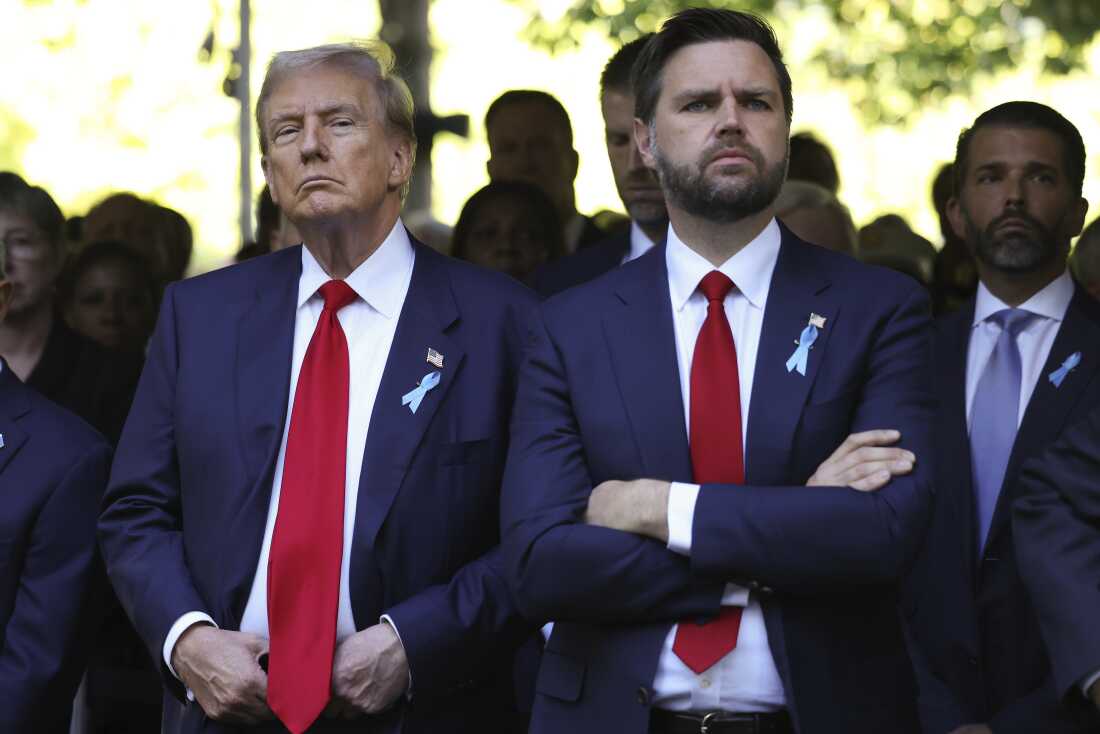The Supreme Court reinstated a complaint filed by an Atlanta woman whose home was wrongfully invaded by the FBI in 2017. Although the court did not issue a final decision, it directed a lower court to reexamine the claims and decide if the action can proceed.
The justices’ majority judgment highlighted that previous rulings by the federal court and the 11th U.S. Circuit Court of Appeals were incorrect. As a result, the case will be returned to the appellate court for further legal assessment.
The case stems from a terrifying event in 2017, when federal agents forcefully entered Trina Martin’s Atlanta residence while carrying out a search warrant for the wrong address. They believed the home belonged to a violent gang member.
Martin, her boyfriend, and her 7-year-old kid were startled awake by flash-bang grenades and gunfire. In 2019, Martin filed a claim under the Federal Tort Claims Act (FTCA) alleging assault, false arrest, and other damages as a result of the traumatizing occurrence.
The FTCA empowers individuals to sue the federal government for damages caused by certain federal officials’ activities. However, a judge in Atlanta rejected the complaint, and the 11th Circuit has upheld that decision until now.
Justice Neil Gorsuch, writing for the court, noted that the lower courts made faulty legal assumptions. He stated that it was vital to remove these misinterpretations and lead the 11th Circuit to the appropriate legal problems.
The Supreme Court did not decide the case’s final outcome. Instead, it directed the lower court to reconsider whether the discretionary-function exception to the FTCA applies to Martin’s claims. This exception shields the government from litigation arising from choices taken by federal officers when carrying out policy-based actions.
Martin’s counsel, Patrick Jaicomo, emphasized that citizens like Martin, who have been victims of official blunders, had the right to seek legal redress. He cited the 1974 FTCA amendments, which were explicitly designed to allow litigation in unlawful raid cases like Martin’s.
On the other hand, government attorney Frederick Liu claimed that the officers’ acts were part of a risky, policy-based decision-making process, and that the FTCA’s exceptions shielded them from accountability.
Justice Gorsuch acknowledged that courts have used different techniques to interpret the FTCA’s exceptions. He reiterated that further analysis is required before making a final decision.
Justice Sonia Sotomayor, along with Justice Ketanji Brown Jackson, submitted a concurring opinion stressing that the discretionary-function exception should not be used “reflexively.” She claimed that if Congress specifically changed the FTCA for wrong-house raids, Martin’s case should not be dismissed without further investigation.
She highlighted that the courts must recall the FTCA’s legislative objective and role in providing justice to persons who have been harmed by government mistakes.
As the lawsuit heads back to the 11th Circuit, the nation watches closely. The outcome could redefine how far the government’s immunity stretches in cases involving wrongful raids and innocent families.









